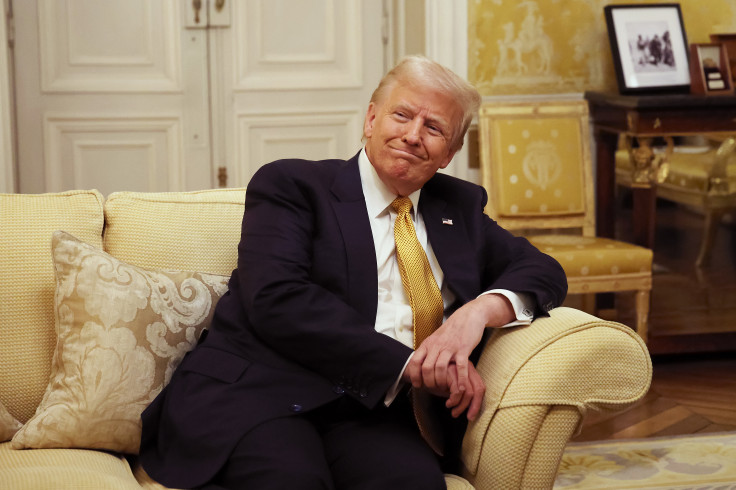
While millions of undocumented immigrants across the country are preparing for the possibility of deportation under the Trump Administration, wealthy foreign investors might see Trump's economic agenda as a great incentive to immigrate to the United States.
Experts on foreign investment and immigration told the Latin Times that Trump's emphasis on prioritizing business development could attract wealthy immigrants through the EB-5 Visa, a visa for foreign investors interested in obtaining permanent residency in the United States.
Trump's Policies Could Attract Foreign Investors
"Trump's potential reduction of tax liabilities for high-net-worth individuals could attract more EB-5 investors," said business immigration attorney Natalia Polukhtin. She added that the President-elect's emphasis on reducing reliance on foreign energy sources is expected to stimulate the oil and gas exploration and storage industry—a sector with a "history of attracting EB-5 capital" to fund expensive energy production projects.
Polukhtin indicated investors are often encouraged to focus on Opportunity Zones—designated areas that qualify for additional tax incentives. These zones will "become even more attractive for the placement of capital under the Trump administration," she said.
EB-5 Visa Explained
To obtain an EB-5 Visa, immigrants have to provide a minimum investment of either $1.05 million in non-targeted employment areas or $800,000 in targeted employment areas. Their investment has to create or preserve at least 10 full-time jobs for qualifying U.S. workers. Once the requirements are met, immigrant investors and their direct family members are eligible to obtain permanent residency.
The demand for EB-5 Visas during Fiscal Year 2023 exceeded its annual limitation, with 9,817 visas issued, per WR Immigration. Chinese nationals received the highest number of investor visas, 6,262, followed by India and Vietnam. Brazil received 157, Venezuela 116, and Mexico 73.
Investments through this program often target sectors like real estate development, energy, hospitality, agriculture, and construction. Ironically, economic experts have raised concerns about these same industries facing potential labor shortages due to Trump's deportation plans.
EB-5 Visa Untouched During Trump's First Term
Notably, during Trump's first term, the EB-5 Program remained largely unaffected by his sweeping immigration policy changes, reflecting the administration's preferential stance toward wealthy immigrants. This contrast was starkly evident in 2019, when Trump introduced the public charge rule, targeting low-income legal immigrants, whom his administration described as an economic burden on taxpayers.
Trump, who has pledged to launch a mass deportation operation on the "first day" of his second term, has consistently emphasized that the United States should prioritize immigrants based on "merit." Throughout his campaign, he highlighted the costs associated with immigrants using public services, leading political observers to anticipate a revival of his public charge rule, which the Biden administration ceased enforcing in 2021.
© 2025 Latin Times. All rights reserved. Do not reproduce without permission.





